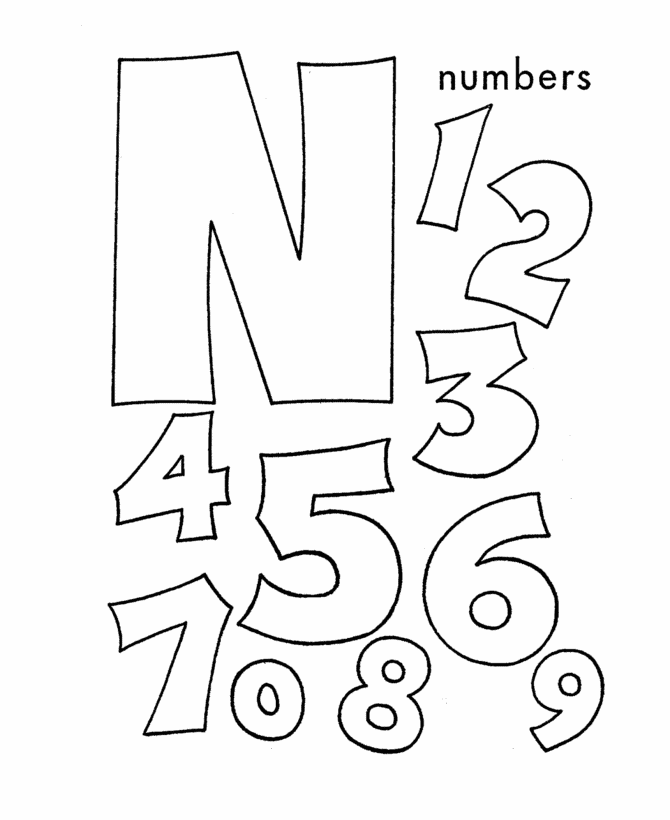Did someone say 'division'?
 The largest number
, by which the expression
is divisible by
for all possible integral values of
, is:
The largest number
, by which the expression
is divisible by
for all possible integral values of
, is:
This section requires Javascript.
You are seeing this because something didn't load right. We suggest you, (a) try
refreshing the page, (b) enabling javascript if it is disabled on your browser and,
finally, (c)
loading the
non-javascript version of this page
. We're sorry about the hassle.
Nice problem! We can factorise: n 3 − n = n ( n 2 − 1 ) = n ( n + 1 ) ( n − 1 )
Now in any set of three consecutive integers there must be one divisible by 3 and at least one divisible by 2 . Therefore their product must be divisible by L C M ( 2 , 3 ) = 6 .
But why is it the largest (apart from the fact that it is the largest given answer)? It's because if we consider n = 2 we get n 3 − n = 6 . But then any divisor must be ≤ 6 so the maximum is indeed 6 .